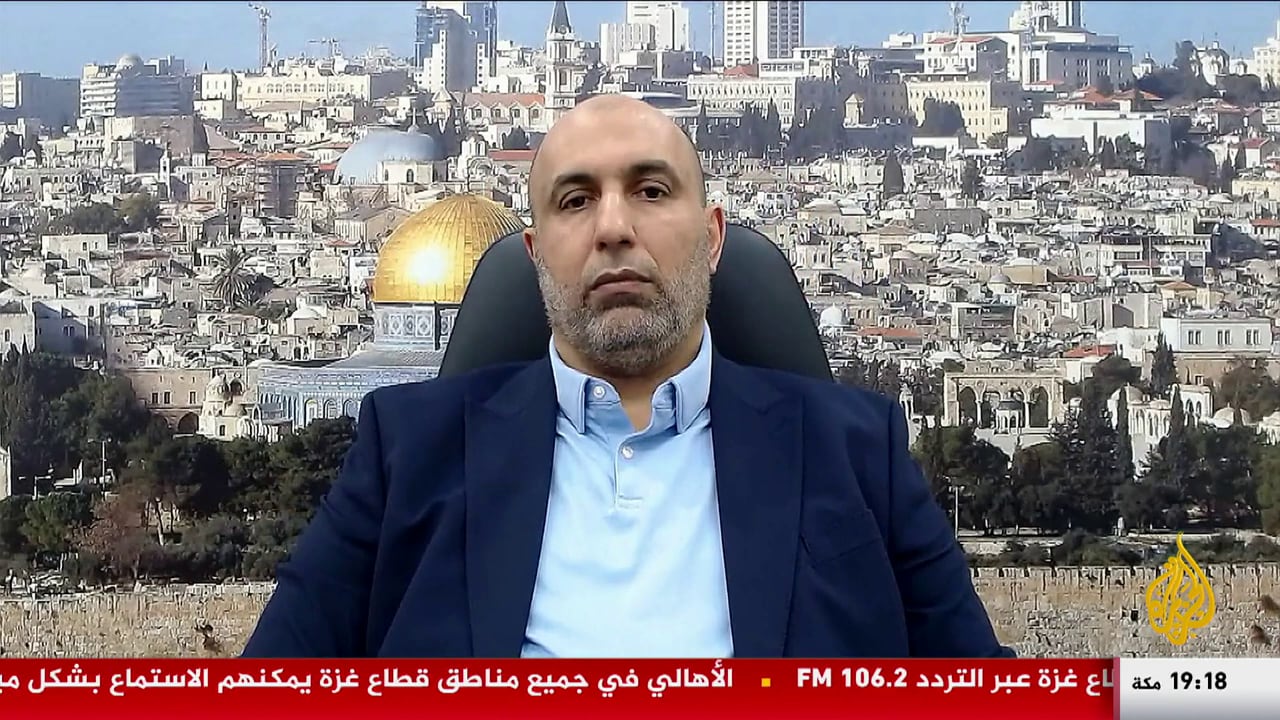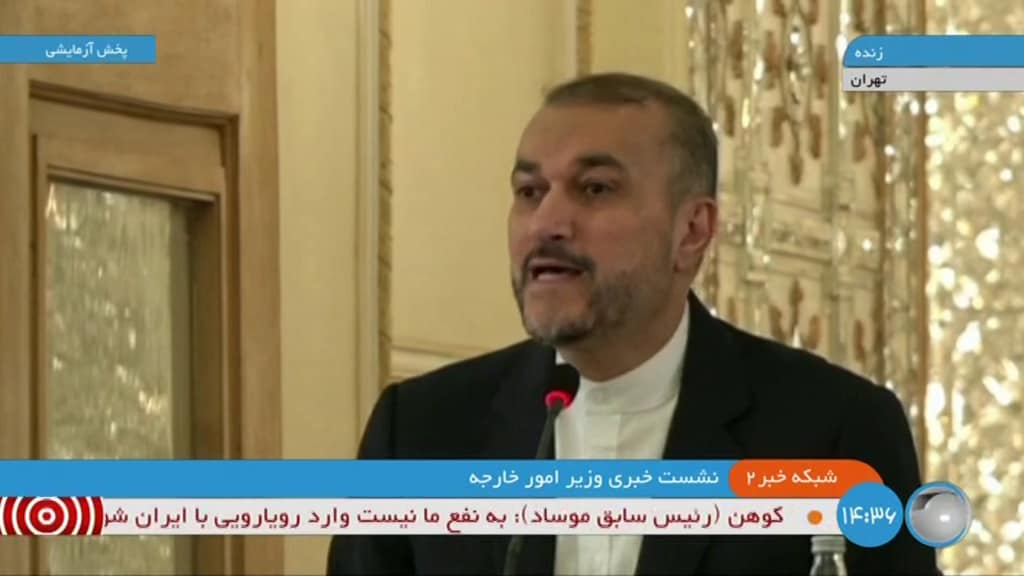
Following are excerpts from a TV show with Lebanese video-clip director Yahya Saadeh, which aired on MTV on December 17, 2010. Shortly after giving this interview, Saadeh was electrocuted to death, while directing a video-clip in Turkey.
Interviewer: You support the 9/11 attacks. How can anybody support the killing of more than 3,000 people?
Yahya Saadeh: The magnitude or the extravaganza of the 9/11 incidents – you cannot but feel humbled by an event of such magnitude.
Interviewer: You support this method? I understand that you support the idea and the message it conveyed, but do you support the method as well?
Yahya Saadeh: All these things are connected. The event was live, on every broadcast worldwide.
Interviewer: It's a show, then?
Yahya Saadeh: Yes, it's a part of the show, and the show must go on.
Interviewer: The show must go on?
Yahya Saadeh: Exactly. But every show has a certain conclusion. And the conclusion from 9/11 is why the world...
Interviewer: Let's change the lighting to yellow.
Interviewer hits a button, changing the color of the studio lighting
What in 9/11 made you so optimistic?
Yahya Saadeh: It drew the attention of American or European society – the foreign societies – to the reason why the world shouts so aggressively. What did we do to them to make them need to carry out something so big, and to harm us to such an extent – because if we had not done anything to them, they wouldn't have had to do it. This question has arisen, as well it should.
Interviewer: Would you be saying the same thing if someone close to you had been harmed in one of those planes or buildings?
Yahya Saadeh: Unfortunately, many things in life teach you that it is survival of the fittest. Of course, the connection or the physical communication that you have with your friends and your relatives make it very difficult for you as an individual.
Interviewer: If you had been on the plane, would you have thought the same thing? Hypothetically, would you have thought: I support this cause, so it's fine with me?
Yahya Saadeh: I would not have thought it during those exact seconds. I did not reach this conclusion the moment I saw the Twin Towers collapse. When I saw them fall, I grabbed my head and said: What's going on? But when you see the evolution of the incident, you see its results and what is generated, and you learn to appreciate it.
[...]












